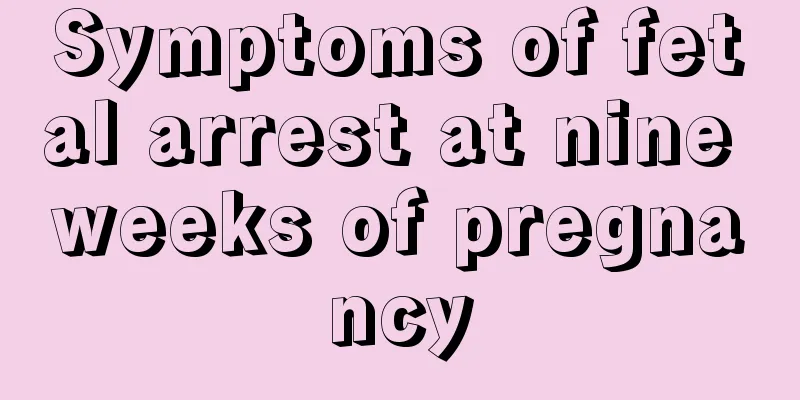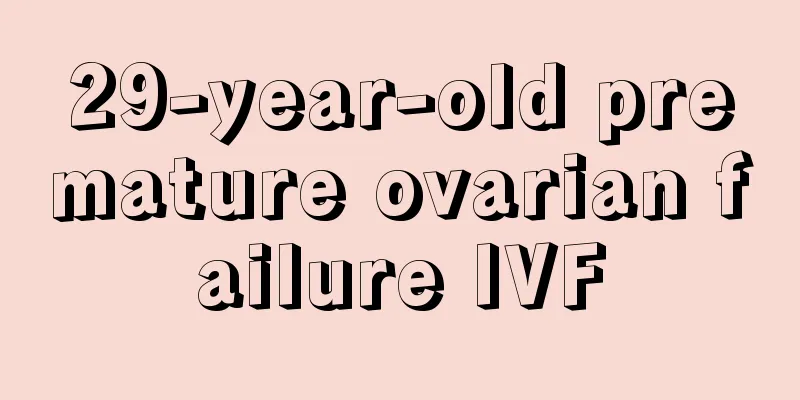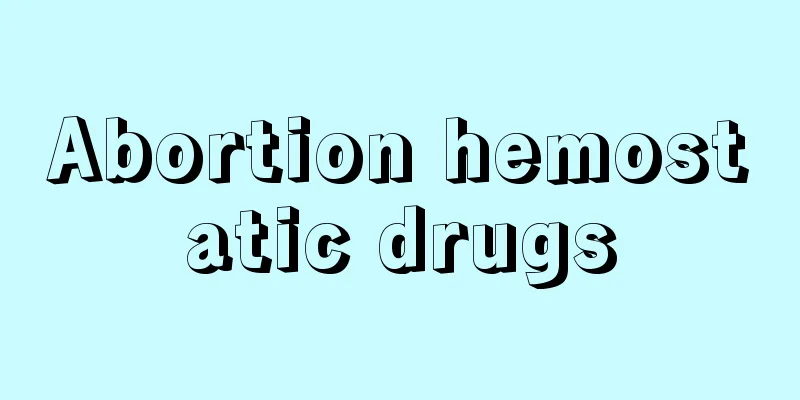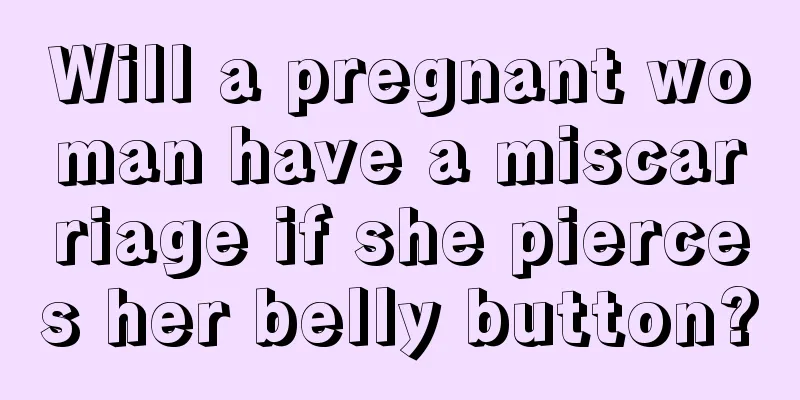Is there any estrogen after menopause?

|
No matter when there is less estrogen in the human body, we need to be vigilant. So, is there still estrogen after menopause? What should we pay attention to? Menopause is a normal physiological phenomenon of the human body. When the ovarian function continues to decline, menopause begins. At this time, estrogen is still secreted, but the secretion level will continue to decline. Therefore, proper estrogen supplementation is necessary. Menopause is a physiological stage in women. Menopausal syndrome is a group of symptoms that affect related health as ovarian function declines or even fails: initially, it presents with menstrual changes, hot flashes, night sweats, insomnia, and urogenital tract symptoms; in the long term, osteoporosis and cardiovascular disease may occur. The most obvious change before and after menopause is the decline of ovarian function. The earliest sign of ovarian function decline is the decrease in the sensitivity of follicles to FSH and the increase in FSH levels. Estrogen levels fluctuate greatly during the early stages of the menopausal transition and may even be higher than normal follicular phase levels. It is caused by excessive secretion of estradiol due to excessive stimulation of follicles by increased FSH. Estrogen levels do not decrease gradually throughout the menopausal transition, but only drop rapidly when the follicles stop growing and developing. After menopause, the ovaries no longer secrete estrogen, but women still have low levels of estrogen in their circulation, mainly from the adrenal cortex and estrone converted from androstenedione in the ovaries by aromatase in peripheral tissues. In menopausal women, circulating levels of estrone (E1) are higher than those of estradiol (E2). After menopause, estrogen levels drop, and many women experience annoying symptoms such as hot flashes, irritability, dryness and pain caused by atrophy of the urethral and vaginal mucosa. Osteoporosis, cardiovascular disease and Alzheimer's disease are also related to the decline of estrogen. Therefore, scientific estrogen supplementation can alleviate these symptoms and reduce the risk of cardiovascular disease, osteoporosis and other diseases. The most effective treatment is hormone replacement therapy, supplemented with calcium, vitamin D, calcitonin or herbal medicine, traditional Chinese medicine, etc. Patients who need to protect the endometrium should use combined estrogen and progestin therapy, while those with uterine agenesis should use estrogen alone. Hormone replacement therapy should be used at the lowest effective dose. The standardized application of HRT is the key to making its "benefits" outweigh its "disadvantages". The above introduction about whether there is still estrogen after menopause is very clear. If everyone can always pay attention to their own health, some diseases will not have the opportunity to take advantage. Of course, there are many ways to supplement estrogen. In addition to dietary supplements, there are also medicinal supplements. There are many Chinese or Western medicines to choose from. |
<<: Can I take estrogen supplements after menopause?
>>: What are the sources of estrogen after menopause?
Recommend
What to check at 24 weeks of pregnancy
After a woman becomes pregnant, she needs to unde...
What are the symptoms of pregnancy?
Many people are pregnant for the first time. They...
What should a woman do if her private parts turn dark? These methods are very effective
Some women are upset when they see their private ...
Female vulva itching pimples pictures
Although vulvar itching and pimples are not a ser...
The correct way to rub your belly after childbirth
Choosing natural childbirth is the earliest way o...
Mixing cold medicines can be fatal
As winter approaches, various respiratory disease...
Michael DeGusta: How chaotic is Android phone system update - data infographic
Seven of the 18 Android phones never ran the late...
What are the methods to check whether you are pregnant?
Some female friends want to know if they are preg...
Can pregnant women do squats?
Appropriate exercise for pregnant women in daily ...
How should uterine fibroids be treated?
There are many types of cervical diseases, and ut...
What is the best way to treat uterine fibroids?
If you suffer from uterine fibroids, then patient...
What should I pay attention to when having breast pain during menstruation?
Menstruation is of great significance to female f...
Can women lose weight by drinking milk at night?
Every woman wants to have a devilish body, or be ...









